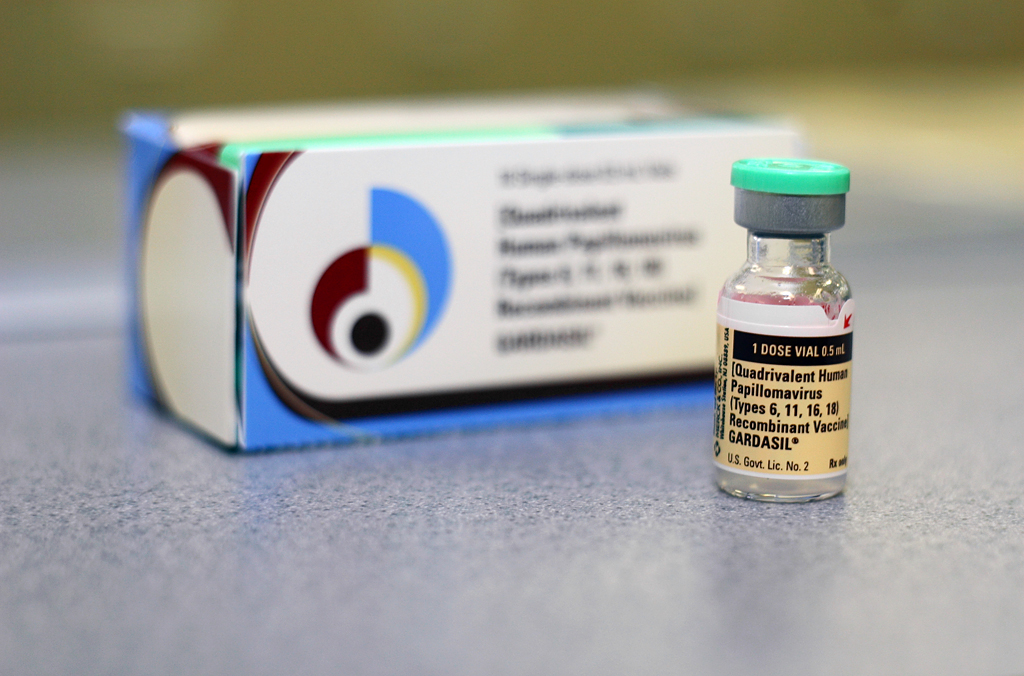FDA admits popular medications can cause life-threatening breathing problems in kids
12/27/2018 / By Bridgette Wilcox

The United States Food and Drug Administration (FDA) has cautioned against the administration of medications containing codeine and tramadol, saying in an official statement that these opiod drugs can cause “life-threatening breathing problems,” particularly in children below the age of 12. “Some children and adults break down codeine and tramadol into their active forms faster than other people. That can cause the level of opioids in these people to rise too high and too quickly,” the federal agency said. They also warned that breastfeeding mothers who take said narcotics may pass on “unsafe levels of opiods” to their nursing babies, causing them to become too sleepy, have difficulty feeding, or have “serious breathing problems”.
As a measure, the FDA said that they are strengthening their labels for drugs with codeine and tramadol.
A grim warning
Tramadol is chiefly used to treat moderate to severe pain and is often administered to post-operative patients, according to Drugs.com. It is also known to be habit-forming, and interacts with alcohol and many other drugs, causing potentially fatal side effects. Some people who take tramadol have also suffered from seizures. According to the FDA, it is a prescription-only drug, and is only available for adults.
Codeine is of a similar nature, used for the treatment of mild to moderate pain, said Drugs.com. It is also potentially habit-forming, and can slow breathing to dangerous levels. When interacting with certain medications, it is also known to cause serotonin syndrome, a serious condition that can cause shivering, diarrhea, muscle rigidity, seizures, and even death. Codeine labels already carry a warning against administering the drug to young patients, the FDA noted.
At the same time, they said that tramadol use for children under 12 has not been approved. In particular, they said that children aged 18 and below should not take the drug to treat post-operative pain after a tonsillectomy or adenoidectomy. In addition, the FDA said that codeine and tramadol should not be taken by young people aged 12 through 18 who are obese, experience obstructive sleep apnea, or have a weakened respiratory system, as these narcotics can heighten their risk for serious breathing problems.
Natural alternatives
The FDA urged parents and guardians to be vigilant and check medication labels for codeine or tramadol. They also recommended that people confirm with their healthcare provider if a medicine has either of the narcotic substances. They also suggested discussing alternative pain treatments with doctors.
From a common wild lettuce with morphine-like properties, to hypnotherapy, there are countless alternatives to prescription pain medications – and they don’t all come with risky side-effects either.
An article on Prevention lists 11 natural pain cures, including several natural supplements like arnica, aquamin, and fish oil, which all ease different kinds of pain. Apart from ingestibles, the article also named several methods that are known to ease pain — some more quirky than others.
Acupuncture, according to the article, is effective against arthritis as well as low-back, menstrual, and post-operative pain. The ancient Chinese practice involves pricking certain points of the body with tiny, virtually painless needles. Doing so triggers the release of endogenous opioids — the body’s natural painkillers.
Another pain-relief method handed down from ancient China is Qigong, which the article said is beneficial for those suffering from fibromyalgia or arthritis. Qigong’s exercise techniques were designed to improve energy flow throughout the body. In fact, several studies found that patients with fibromyalgia and arthritis experience a sharp drop in pain scores after doing Qigong for some time.
The simple act of counting out loud can also help soothe pain, as long as it’s not severe pain that lasts over an extended period of time. The article shared how patients who counted backwards from 100 during an injection reported less pain, leading researchers to posit that saying something out loud may distract the brain from processing the sensation of pain.
Visit Remedies.news to learn more about all-natural ways you can treat illness.
Sources include:
Tagged Under: Big Pharma, codeine, conventional medicine, FDA, harming children, natural pain relief, pain relief, painkillers, Prescription drugs, public safety, tramadol



















